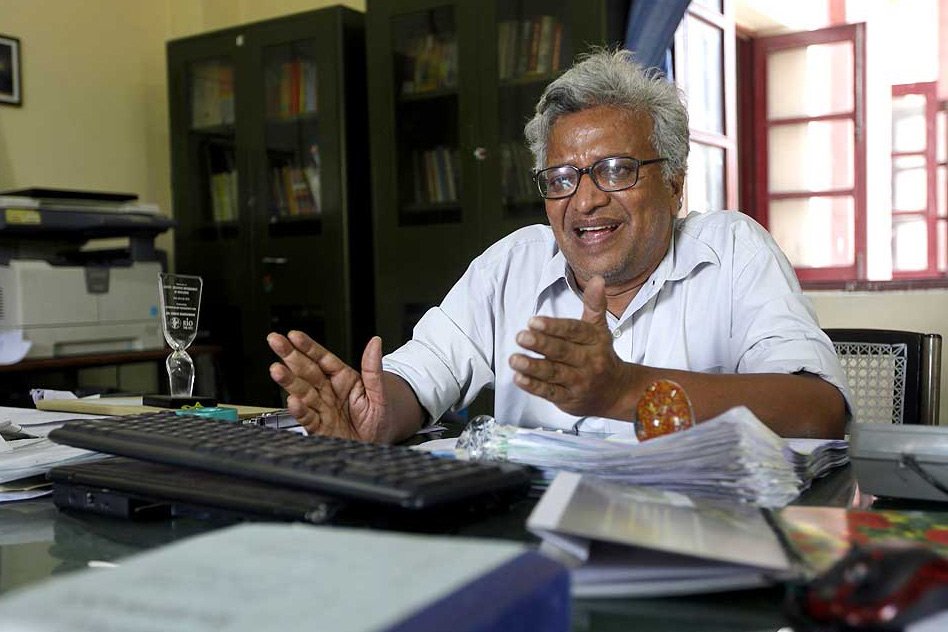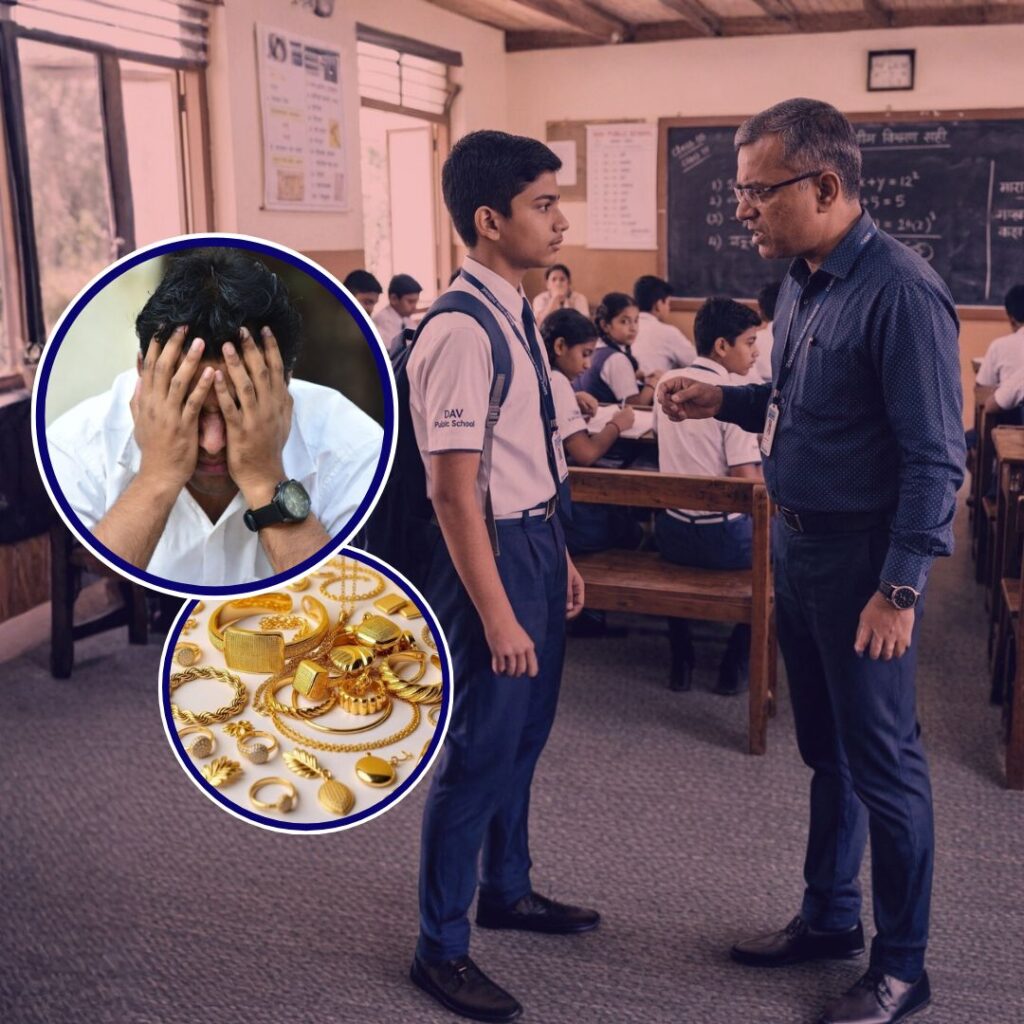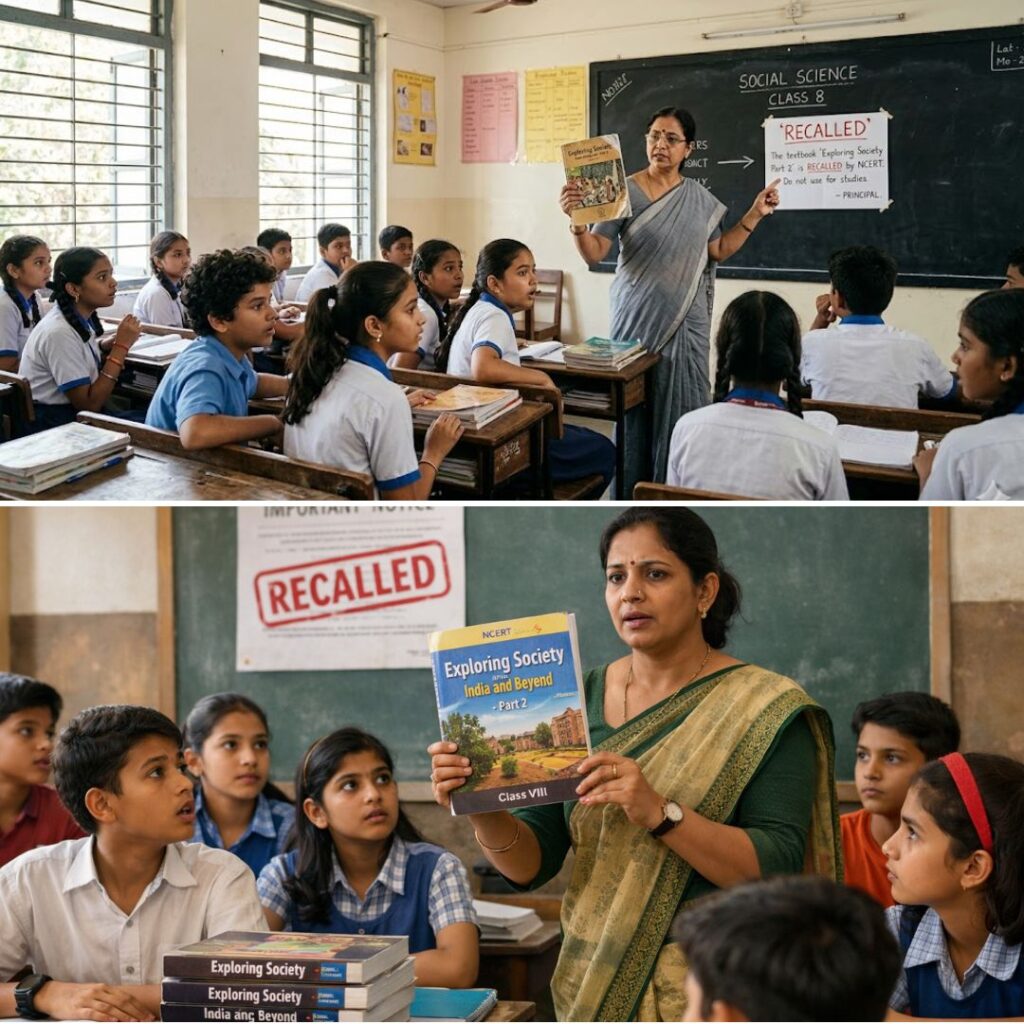By Sibi Arasu [Twitter: @sibi123] , Chennai, sibiarasu Image Source: srilanka
If the recent goings on in University of Madras is any indication, teachers who stand by their students run the risk of losing their jobs. On August 7, Prof. Ramu Manivannan, a hugely popular figure among his students, found himself stripped of his position as head of department of political affairs and public administration. While the university administration’s discomfort with Prof. Manivannan has been growing on account of his outspoken criticism of irregularities in university expenditure and staff appointments, the recent move was triggered by his refusal to help the university take action against his students who took part in peaceful protests calling for liquor prohibition. “We should be celebrating the fact that our youth are engaging in peaceful protests to ban liquor, rather than call the police inside the campus to punish them,” he said at a press conference held in Chennai on August 13. The University Vice-chancellor, Mr. Thandavan, is known for his loyalty to Chief Minister J. Jayalalithaa. Prompted by him, the University administration has frequently lodged formal complaints with the police against peaceful student demonstrations inside the campus.
As student protests demanding his reinstatement entered the 8th day on 17 August, the stand-off shows no sign of easing.
Members of the Forum for Protection of Freedom of Expression who organised the press conference last week said that the University’s move was in line with the trend of shrinking democratic spaces in India. Referring to the on-going student protests in Pondicherry University and FTII, Forum members said academic excellence cannot be cultivated merely through research and studies. An institutional culture that entertains diverse opinions and encourages students to debate and articulate are critical, they said.
Professor Manivannan in his ten years at the Madras University has created a space for exactly such a culture. According to him, when he had joined the department there were only seven students. Now, there are 130. Also exciting work in the field of political studies including his own work, Sri Lanka: Hiding the Elephant- Documenting Genocide, War Crimes and Crimes against Humanity have been regularly brought out through his department.
It was inevitable that his work brought him at loggerheads with the University’s administration, who didn’t take kindly to disrupting the status quo. Before being demoted earlier this month, there is a long history of conflict between the Professor and University authorities. In March this year he was arrested and kept in jail for three hours, for participating in a protest meeting supporting the Tamils in Sri Lanka and demanding that Prime Minister Modi cancel his visit to that country.
He has been constantly raising his voice about providing basic amenities in the University premises. “In the hostels the bathrooms are filthy and there is no drinking water most of the time. Even in the main campus, drinking water is such a problem and it pains me to watch students write exams in the summer months, without any water available to them,” says Manivannan. “Another big issue are these computer labs. Despite huge budgets allocated for computer systems meant for students, nothing is provided for and I have never seen the computer rooms unlocked.” The professor says that systemic corruption is eating into the University and large funds being siphoned off without the students receiving any of the benefits they deserve.
An incident at the University’s Marina Campus sheds light on the pathetic state of affairs. “When looking into why there was no water at my department and the nearby hostel, I found that that the corporation’s water connection pipe was cut off. Upon investigation we found that the University had not paid the corporation for water supply and hence the connection was cut,” says Professor (Retd) V Arasu, a former head of the Tamil department at the University. The professor adds, “Instead of settling up the bill to restore the connection though, authorities instead get water tankers every day and if the tanker charges are Rs 500, they show it in their internal accounts as Rs 5,000, thus making a profit of Rs 4,500 every day. A profit they couldn’t have made if they’d restored the corporation’s water connection.”
Visibly tired of all the corruption, Professor Manivannan has decided to go public with whatever information he has. “The University is actually calling parents of students who took part in the protest and threatening them. I was informed that if I go public, I will be suspended.” He adds, “Even a silent march in memory of APJ Abdul Kalam was blocked. If in a University there’s no freedom for either us teachers or students to talk or act proactively, what is the point of such a setup at all?”











